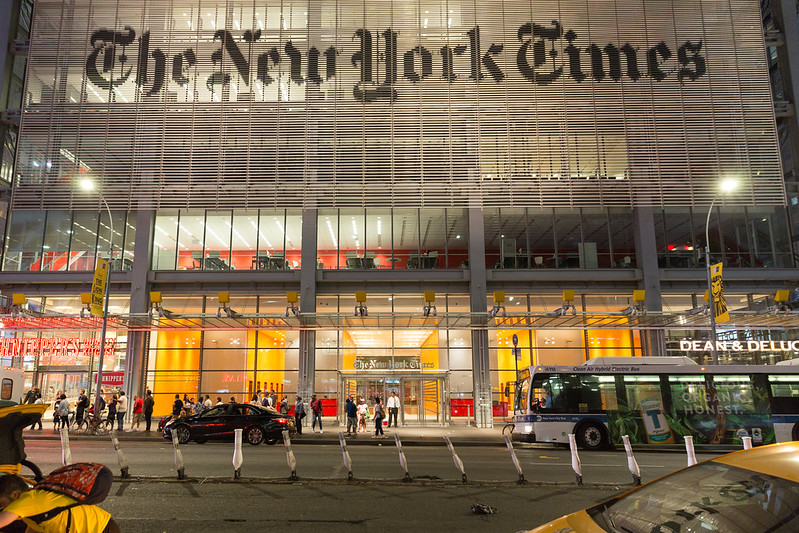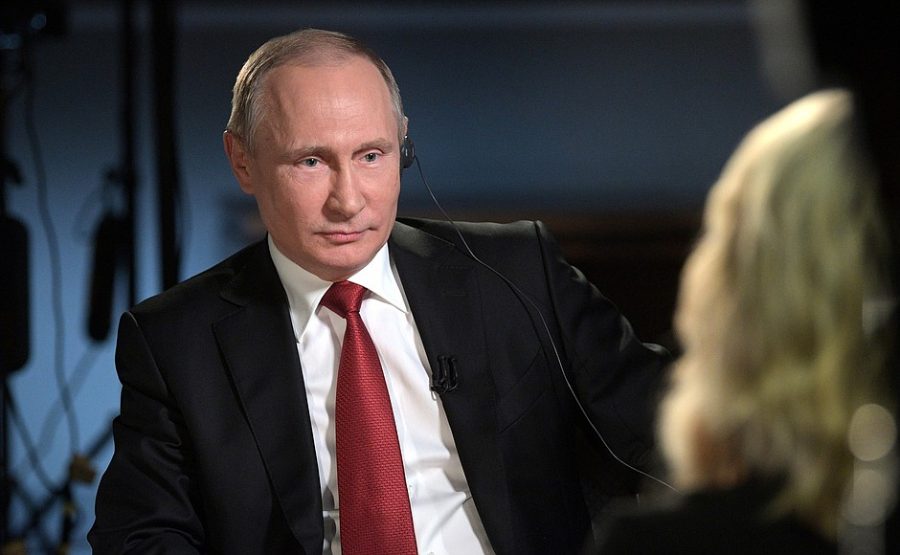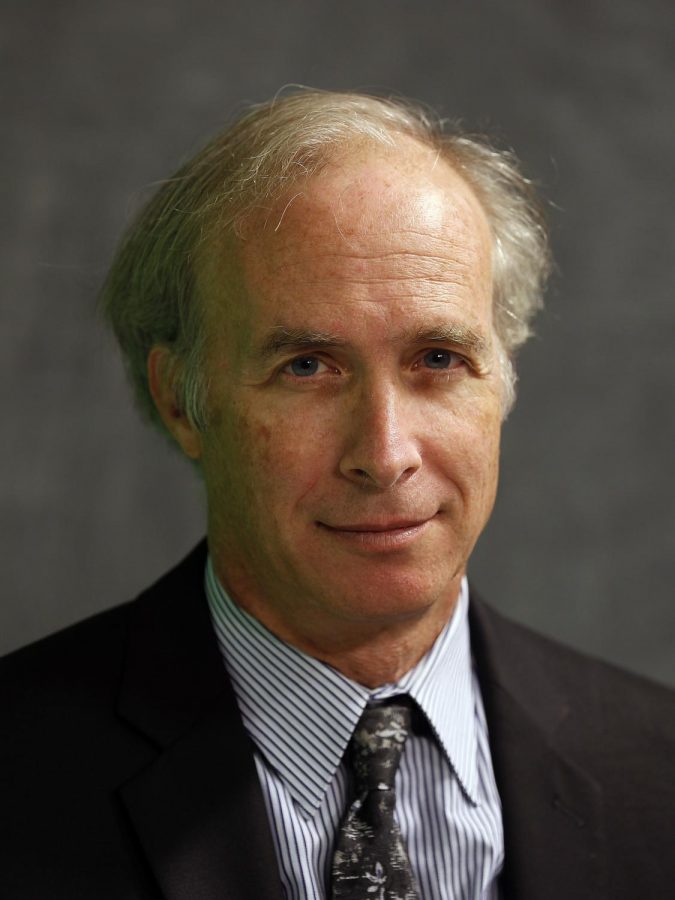
While national attention is primarily on the general election, Wisconsinites, including some Marquette students, still have their eyes on the Wisconsin senate race between Republican Sen. Ron Johnson and Democrat Russ Feingold.
Oct. 18 at Marquette University Law School, voters gathered in Eckstein Hall to watch the candidates debate for the last time before election day.
Before the debate, groups backing Johnson and Feingold rallied outside of Eckstein Hall. Feingold supporters chanted, “Russ for us,” as Johnson supporters flashed signs with sayings such as, “Ron grows the economy, not the government.”
The rallies were filled with Milwaukee residents and students passionately expressing support for their respective candidates.
“He believes in freedom and supporting the economy in a natural, organic and open way. As young adults entering the workforce, we want to know that our leaders are looking out for us and making sure that we are entering a healthy jobs market,” Mary Karsten, a junior at Concordia University working with the Marquette College Republicans, said of Johnson.
On the other side, Eddie Hatch, a 52-year-old living on Milwaukee’s north side near Sherman Park, voiced his confidence in Feingold.
“I’ve been in Milwaukee for eight years, going on nine, and I’ve watched him and he’s a fighter,” Hatch said. “I think he genuinely wants to do good for the people of our community. I think he has the heart to actually make a difference in our community. I can look at him versus Mr. Johnson and see sincerity. For me it’s a no-brainer.”
Even with opposing views on policy, Johnson and Feingold supporters agreed that they were looking for the debate to be different from the presidential debates.
“I hope to see not a lot of bickering or finger pointing about the other candidate’s negative attributes,” Dana Hall, a third-year law student and Feingold supporter, said. “I want to hear actual policy discussion, so we can actually as voters hear some meat about the substantive things that each of these candidates plan to do if elected.”
Students also pointed out that they wanted to hear more about specific issues including climate change, fiscal policy and foreign affairs, particularly in the Middle East.
For the most part, Johnson and Feingold fulfilled debate watchers’ hopes of a discussion focused on policy, not personal attacks. They covered issues of economic security, college affordability, trade, foreign policy, immigration, medical coverage, opioid and heroin addiction and the current presidential election.
Cole Altman, a first-year law student, said he usually votes down the ballot on the Republican side, but may reconsider because of the debate.
“Going into it, I thought I would be voting one way, but now I think I have to do a little more research,” he said. “I guess I’m a little more undecided now, not only for this race, but for the presidential race as well.”





